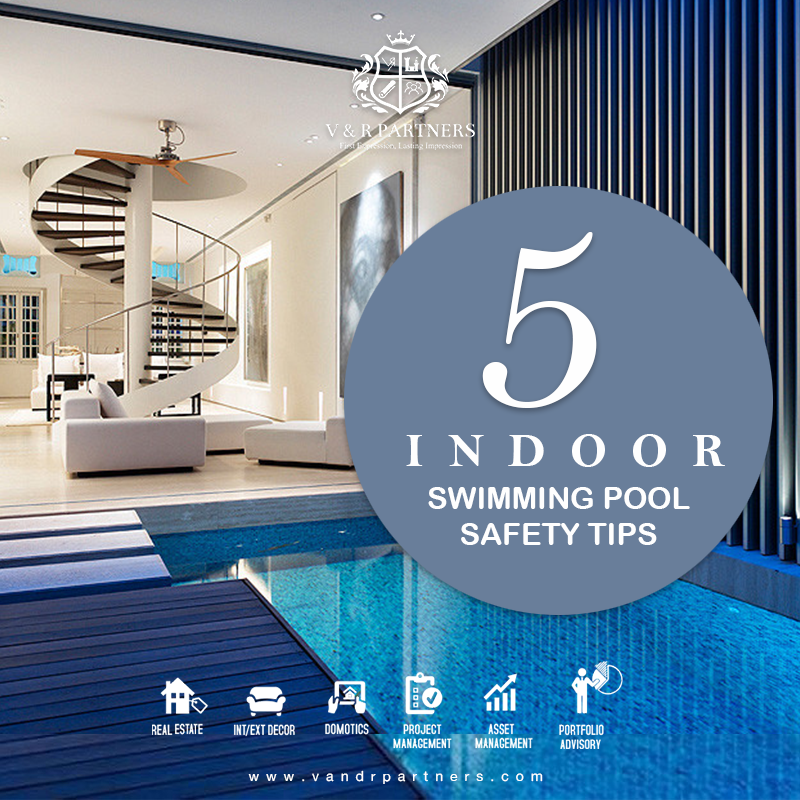The best safety measure homeowners can take is to install a fence around their pool. This forms a barrier that will keep kids out of the water when you’re not outside to supervise them. Fence gates should open outward, away from the pool area, and be self-closing and self-latching.
Want to add an extra layer of protection to keep kids out of the water when you’re not around? Install alarms that alert you when gates to the pool are opened. Also, consider buying an underwater swimming pool alarm system, which uses motion sensors to detect wave activity and alert you when anyone jumps or falls into the pool.
Diving boards are huge culprits for pool injuries. Even if you know how to dive, you can easily slip off the board and hit your head. Swimming pool slides are also safety hazards to consider taking down.
Make sure you have a life ring, rescue tube or life hook (also called a shepherd’s hook) that you can use to pull someone from the water to safety. This rescue equipment should be stored near the pool in a clearly marked and accessible area, and periodically checked to make sure it’s in good condition. You’ll also want to have a first aid kit on hand that’s stocked with all essentials.
Kids (and adults) can trip on objects and fall into the water if these items are left near the edge of the pool. Make sure floats, tubes, toys and cleaning equipment are stored away from the water when they’re not in use.
Pool chemicals help protect swimmers by killing disease-causing germs in the water, but they can also lead to injury when mixed improperly or not handled using protective gear. That’s why pool chemicals should always be stored out of reach in a locked, well-ventilated area.
Adults who have private swimming pools should be trained in CPR. (Note: There are CPR classes online, but you’ll want to take a course in person to learn how to properly administer this lifesaving procedure.)
Educate your loved ones on what pool conduct is and is not acceptable. You might even create a list of “official” pool rules that includes these basic instructions:
●Don’t run on the pool deck
●Don’t dive into shallow water
●Don’t push anyone into the pool
●Don’t swim without an adult present
●Don’t dunk or hold anyone underwater
SOURCE: Washington Post





